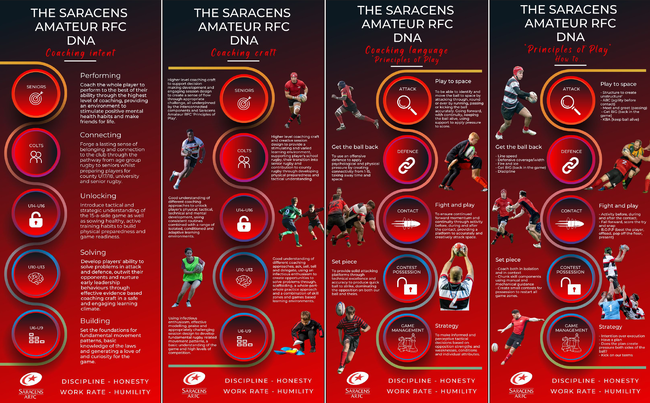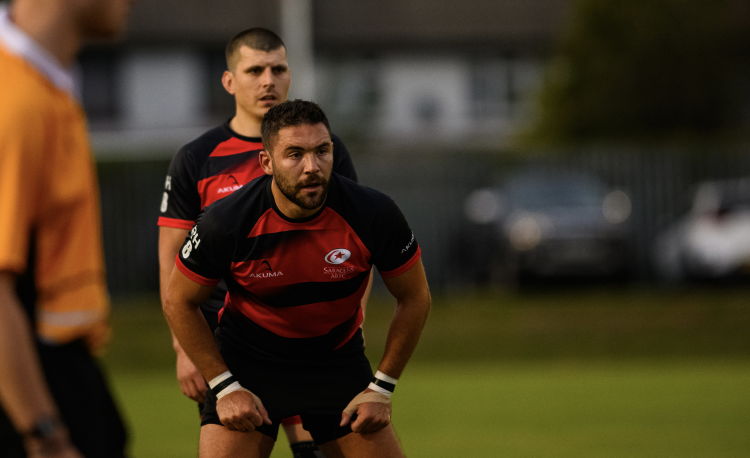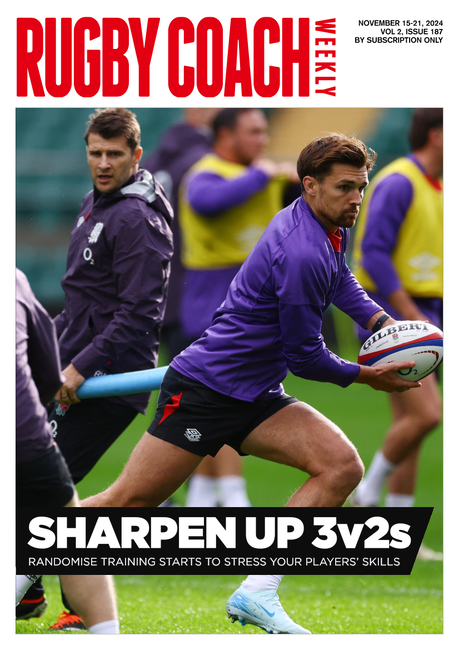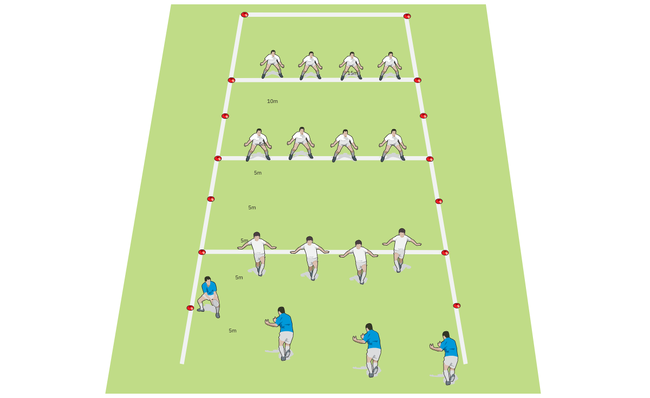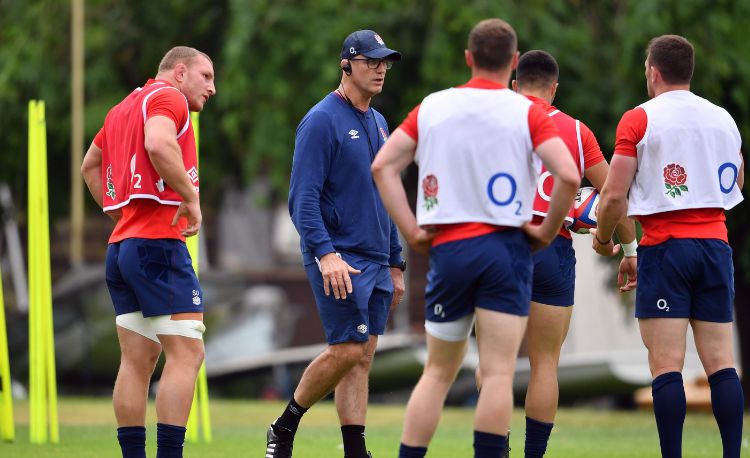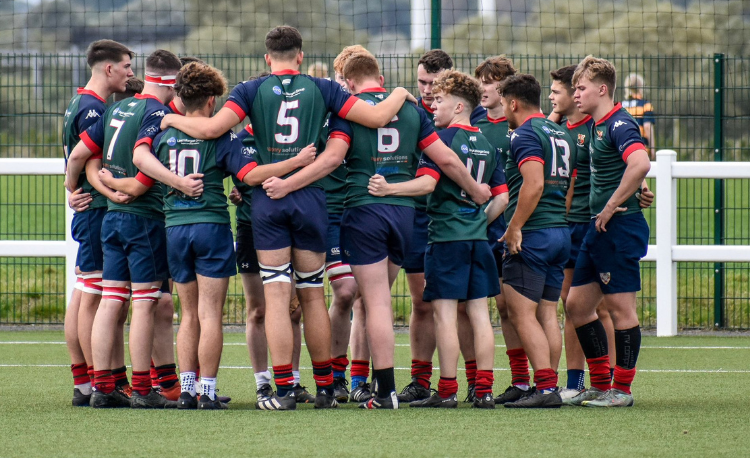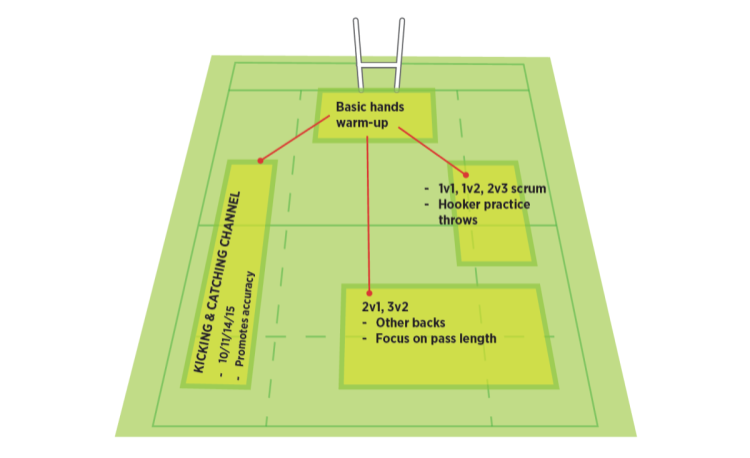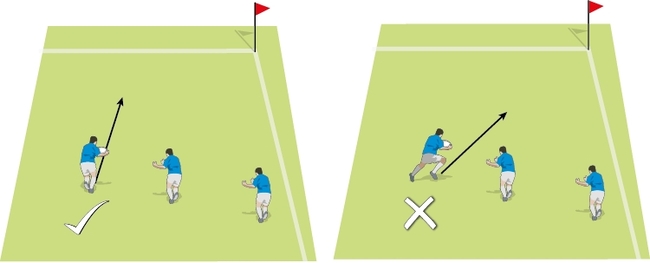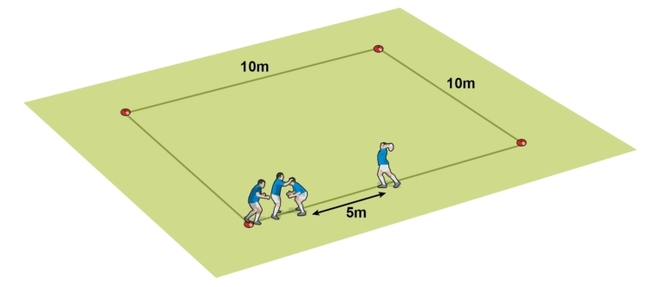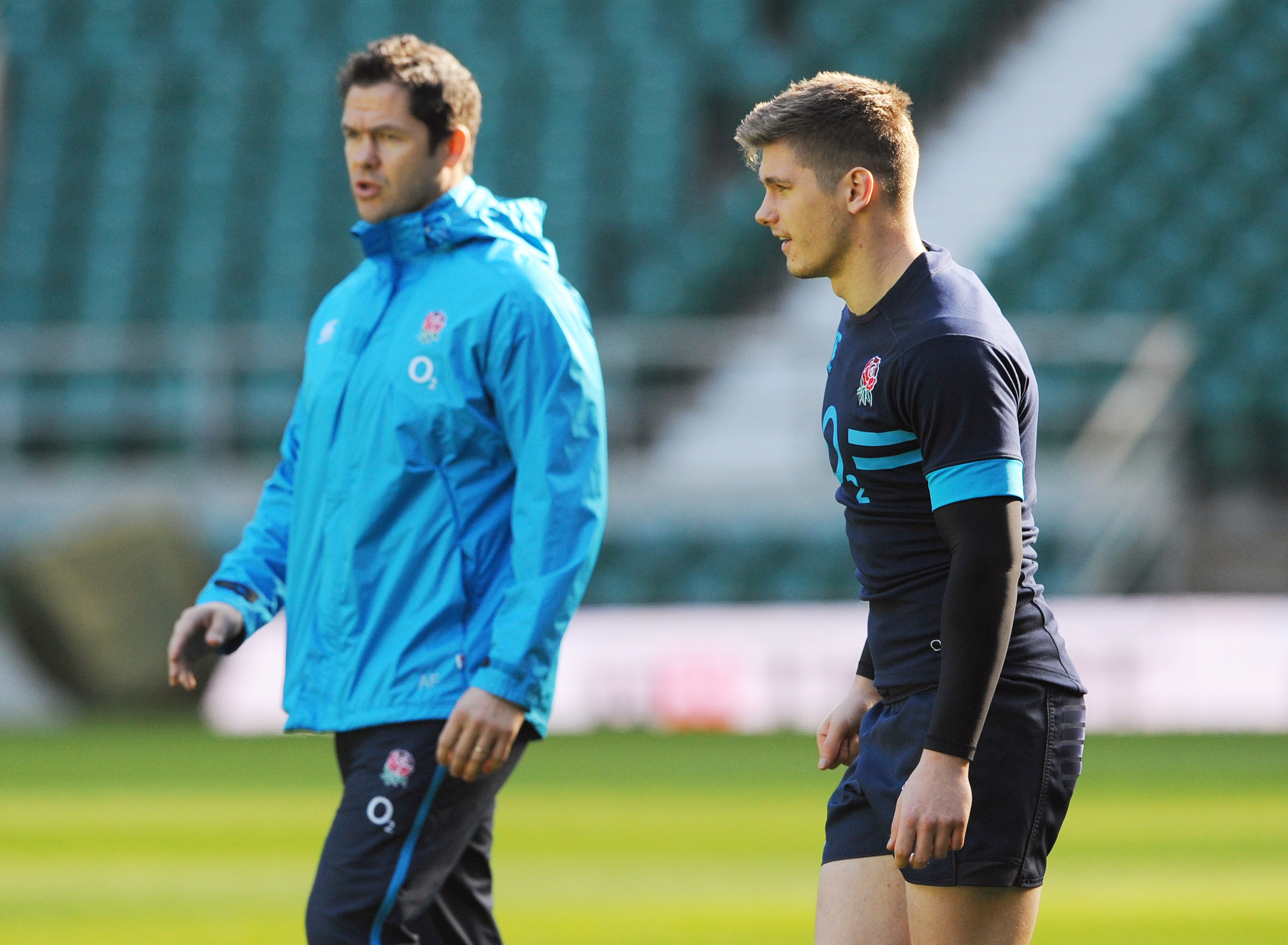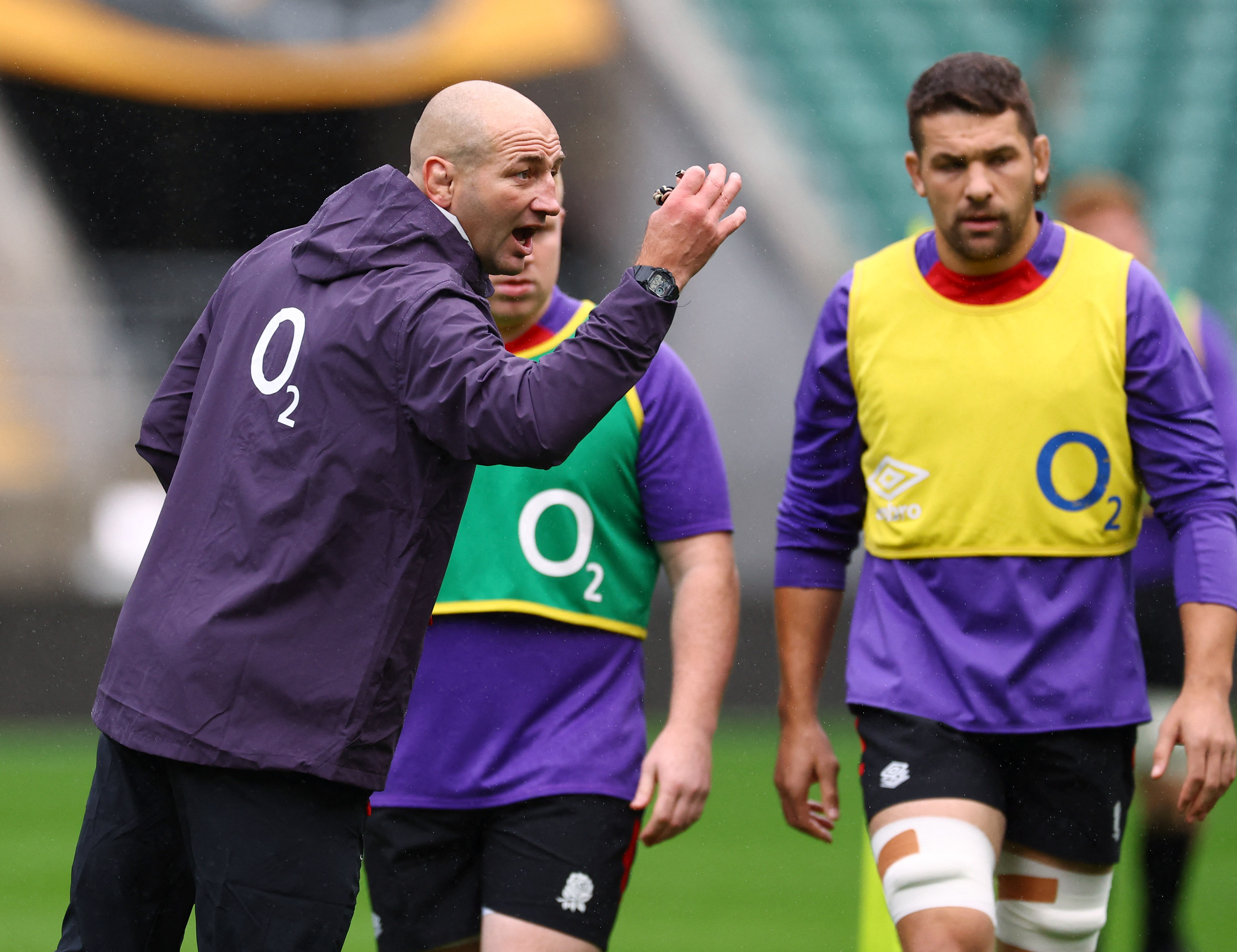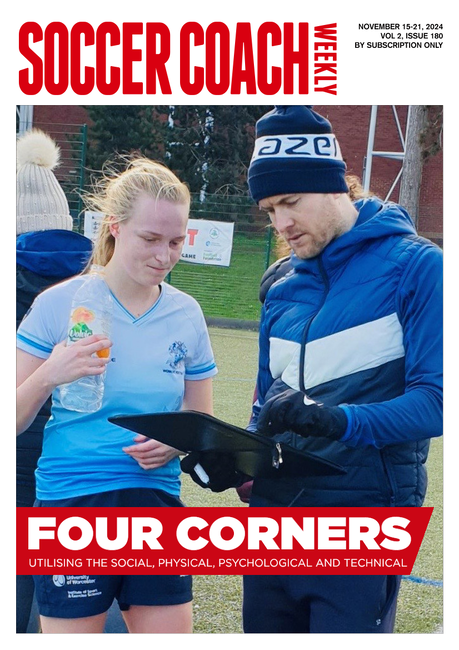Should you set out a gold standard?
Director of rugby at Saracens Amateur RFC, JACK GOLDBERG, has developed a sophisticated support framework for his club. Here, he outlines the reasons why.
Is a central club coaching and playing philosophy absolutely necessary? Maybe not, especially if executed poorly.
But to create consistency and provide an enjoyable and stimulating playing environment, it is well worth having one.
It is not straightforward because a club coaching and playing philosophy has to reach coaches from the U6s to the seniors with varying levels of coaching experience, different backgrounds and reasons they coach. We want to give them a framework to support their coaching.
We also want to give a player the best two hours of their week. We aim to support coaches in their session design to help create a playing and learning environment.
But the devil is in the details: how it’s created, its intent, and its implementation. It is similar to how a school would create their own curriculum for subjects to equip pupils with the knowledge and tools to succeed in their exams.
"The devil is in the details: how it’s created, its intent and its implementation..."
A club coaching and playing philosophy, or ’DNA’, gives manageable learning blocks, a sequence to guide coaching plans and the ability to assess progress over time against clear success criteria.
How it works
The Saracens Amateur RFC DNA is broken down into four key sections:
- Coaching intent (aim)
- Coaching craft (implementation)
- Coaching language (consistency)
- Principles of play (application)
Within each of these sections, the first two - coaching intent and coaching craft - are further broken down into definable age group clusters: U6s-U9s, U10s-U13s, U14s-U16s, colts and seniors.
They can be identified by significant changes in the age-grade playing laws and how the game looks. The only exception to this is at U9s which, despite being the first year of contact rugby, I still class as being in the building phase. More on this later.
The coaching language and principles of play sections are broken down into distinct parts of the game, giving potential focuses for session design, as well as the opportunity to review progress in training over time and to identify areas of success and work-ons within or after a game.
Intent and craft
The Saracens Amateur RFC DNA coaching intent and coaching craft strands apply a mastery learning and mastery language approach to creating a sequence.
This allows you to see where you want your learners or players to get to through clear learning objectives, a clear overarching aim and, if coaching an older age group, knowing where your players have come from.
This informs both the session design and what scaffolding or differentiation is needed for those who require more support or need to be stretched and challenged.
The EEF (Education Endowment Foundation) defines mastery learning as where “learning outcomes are kept constant, but the time needed for pupils [players, in our case] to become proficient or competent at these objectives is varied. The subject matter is broken into blocks or units with predetermined objectives and specified outcomes”.
Therefore, within each age-group cluster, there is sufficient time to allow less able players to make the progress required to access the next stage while knowing how to stretch the more able players ahead of the next step of the sequence.
The use of the mastery language ‘Building, Solving, Unlocking, Connecting, Performing’ to define the sequential age-group clusters applies a similar understanding to Tuckman’s rudimentary 1965 model of group dynamics.
Tuckman posits that, as a team grows in both maturity and, in this case, physical, mental, tactical and technical ability, mutual relationships are established between players - and leaders emerge within the group.
A more collaborative environment is created where normalised behaviours lead to higher performance levels.
"Mutual relationships are established between players - and leaders emerge..."
The DNA aims to provide a comparable pathway, giving coaches the tools to guide their players through the DNA while supporting the coach’s understanding of the coaching intent for the two- to four-year block, as well as supporting the development of their coaching craft to achieve the aim successfully.
How it will look
As an example, the U10s-U13s solving cluster asks coaches to explore a range of coaching approaches, such as ‘ask, sell, tell, delegate’, to give problem-solving opportunities for players. This includes whole-part-whole practice, skill zones and game zones. This gives coaches a starting point for their sessions.
However, it’s important to note that each step in the sequence does not exist in isolation. As with DNA, should there be a deletion in the code, it can lead to different outcomes.
Each sequential step is, therefore, valuable as it builds the whole player over time with no step less important.
It caters for each of the player’s physical, mental, tactical and technical skill development or, in-line with the RFU’s ‘Interconnected Components’, prepares players for the eventual 15-a-side game by moulding desirable behaviours, actions, game readiness and game fitness.
This is parallel to developing the coaches as each step includes all previous steps, giving coaches more tools, skills and the confidence to coach the 15-a-side game.
DNA for all
A consistent, clear and adhered-to club DNA is advantageous. It should model and prepare young players to play the brand of rugby that a club aims to play at its highest levels.
All coaches can achieve this by using the same language; embracing, living and breathing the intent of each age group cluster.
They should be challenging themselves to develop their craft as they make the pathway through the DNA.
If combined with innovative and creative session design, building relationships with players and active ongoing evidence-based reflection on coaching craft, the DNA will continue to be the framework where all players and coaches thrive.
Related Files
Newsletter Sign Up
Coaches Testimonials

Gerald Kearney, Downtown Las Vegas Soccer Club

Paul Butler, Florida, USA

Rick Shields, Springboro, USA

Tony Green, Pierrefonds Titans, Quebec, Canada
Subscribe Today
Be a more effective, more successful rugby coach
In a recent survey 89% of subscribers said Rugby Coach Weekly makes them more confident, 91% said Rugby Coach Weekly makes them a more effective coach and 93% said Rugby Coach Weekly makes them more inspired.
Get Weekly Inspiration
All the latest techniques and approaches
Rugby Coach Weekly offers proven and easy to use rugby drills, coaching sessions, practice plans, small-sided games, warm-ups, training tips and advice.
We've been at the cutting edge of rugby coaching since we launched in 2005, creating resources for the grassroots youth coach, following best practice from around the world and insights from the professional game.
